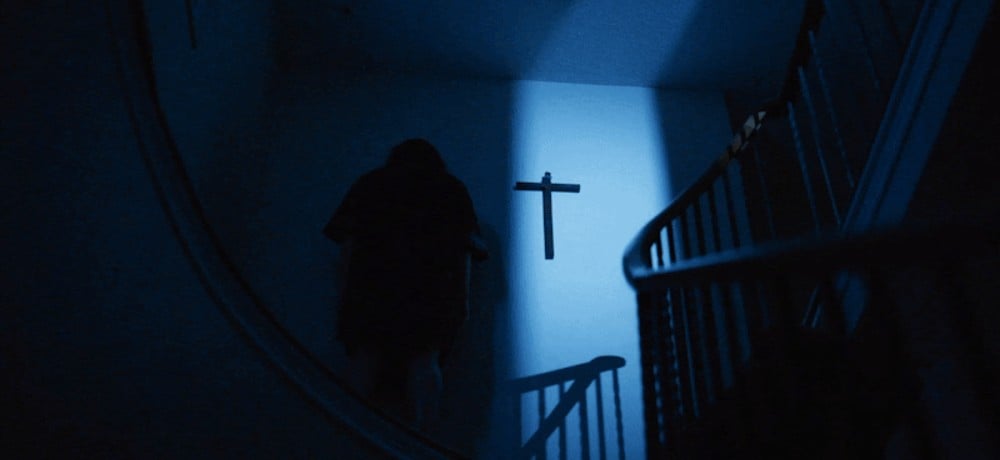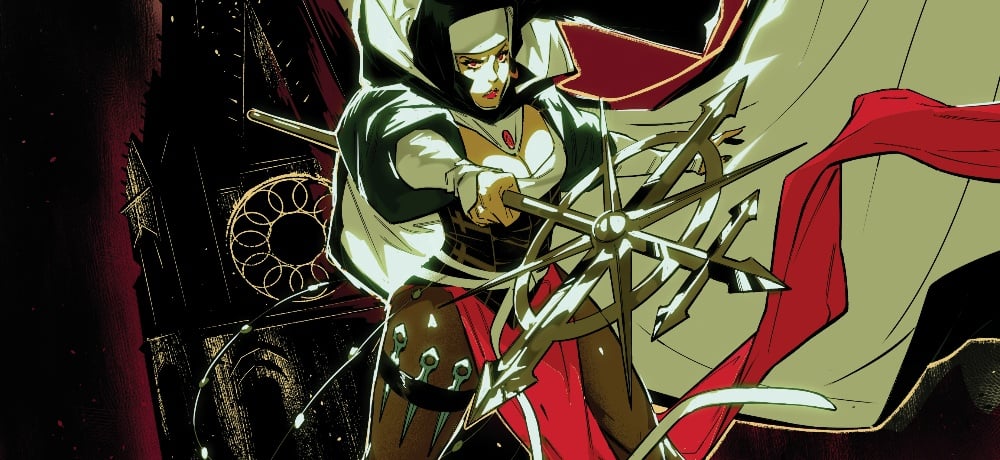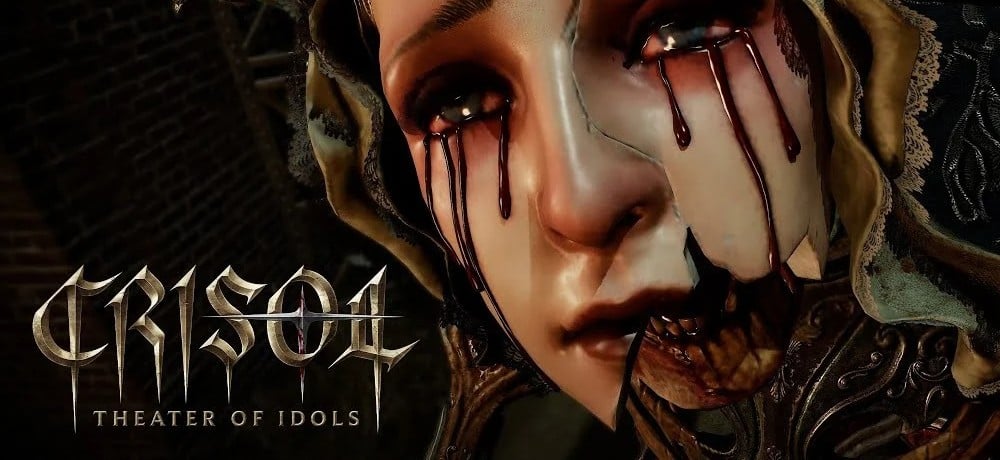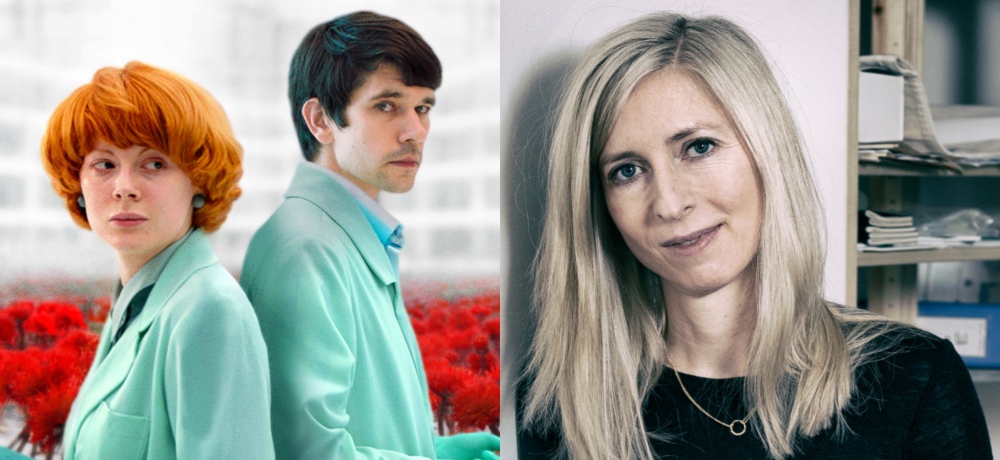






Determined to find the ultimate source of "happiness," a company breeds a new species of plant in the new film Little Joe, but happiness comes with serious side effects when the plants outwit their owners. The English-language feature film debut of Jessica Hausner (Toast, Hotel, Lovely Rita), Little Joe is out now on DVD and VOD from Magnolia Pictures, and to celebrate the film's release, we caught up with Hausner in our latest Q&A feature to discuss the Dr. Frankenstein elements of the screenplay (which she co-wrote with Géraldine Bajard), coming up with the design of the titular plant, and how her film explores the dark side of happiness.
Thanks for taking the time to catch up with us, and congratulations on Little Joe! How and when did you and co-writer Géraldine Bajard get come up with the idea for this film?
Jessica Hausner: Our plan was to write a story about a female Frankenstein: a female scientist who creates one monster, which is the genetically modified plant, but also another “monster,” which is her own child—bringing a child into the world could be compared to a Frankenstein-sort-of-situation—as a mother you create a being that you love, but that you cannot control and that might turn against you in the end.
How long did it take you and Bajard to write the screenplay for Little Joe, and how many drafts did you go through before finishing the final version?
Jessica Hausner: It took about two years and we had very many drafts. A lot of research was involved to make the scientific aspect credible.
The film’s locations and production design by Katharina Wöppermann really add a foreboding atmosphere to the proceedings. Where did filming take place, and how many days did you have in your shooting schedule?
Jessica Hausner: We shot on original locations in the UK and in Austria, and the shooting took seven weeks.
This movie features a great cast, including Emily Beecham, Ben Whishaw, and Kit Connor. What was it like working with them to bring this story to life?
Jessica Hausner: To work with those actors was a great pleasure. Their ability to understand and to perform ambiguous situations was incredible. I was very happy to work with them. And they also were able to let the humour of the scenes develop.
How did you come up with the look of the plant in Little Joe? Was that all in the script, or did it come about later in the production process?
Jessica Hausner: I made some sketches and took some inspiration from a real plant. Then we found a prop maker who could create all those flowers together with his team.
Were you influenced or inspired by any other films—featuring dangerous plants or otherwise—while making Little Joe?
Jessica Hausner: One strong inspiration was of course Invasion of the Body Snatchers—the idea that someone you knew has been replaced—it is a very philosophical idea. It reflects our fear that the one we love might be a liar and turn against us.
Little Joe touches on some very relevant topics in today’s society, such as depression and humanity’s attempts to treat it through science. How important was it for you to have that social commentary in Little Joe?
Jessica Hausner: I wonder why our society promotes the idea of happiness so much. The so-called negative aspects of life (illness, age, death) are being shut out. But we will not escape age and death. In Little Joe, the idea of happiness is revealed as hollow and vain.
Looking back at your time on set, is there a favorite or memorable moment that stands out?
Jessica Hausner: I enjoyed shooting the scenes in the cafeteria. I loved the set and the colours and the amount of green coats that symbolized the stereotype of our existence.
Little Joe marks your English-language feature film debut. How did making Little Joe compare to filming your previous movies?
Jessica Hausner: I like the English language. It is short without being banal. This allows me to work differently with dialogues than f.g. in German language.
Ultimately, what do you hope viewers take away from Little Joe?
Jessica Hausner: I hope they ask themselves what was right and what was wrong after watching the film and that everyone will come up with a different opinion. I also hope that they can enjoy the fact that Little Joe can be seen from different perspectives.
With Little Joe out now on VOD and DVD from Magnolia Pictures, what other projects do you have coming up that you’re excited about, and where can our readers follow your work online?
Jessica Hausner: My work can followed on www.coop99.at, my production company in Austria. I am currently writing a new script with Géraldine Bajard.
---------
In case you missed it, visit our online hub to catch up on our previous coverage of Little Joe, including Emily von Seele's review.
[Photo Credit: Above photo of Jessica Hausner by Karina Ressler courtesy of Magnolia Pictures.]